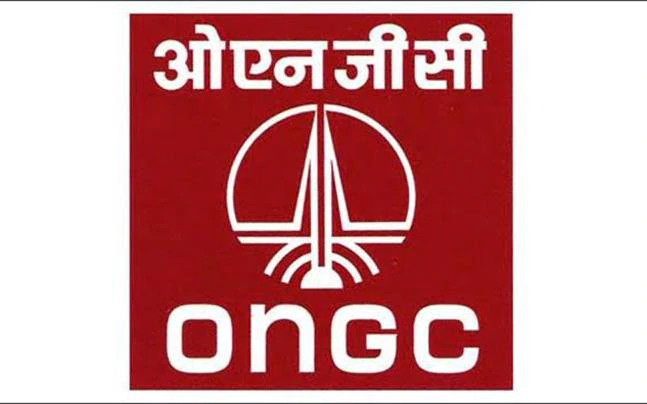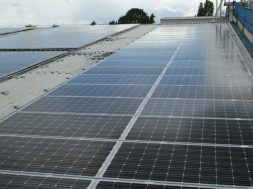
Government may not relent on electric vehicles despite opposition
- Automakers, hurting from a demand slump and the massive investments for BS-VI, want more time for EVs
- The government has introduced several incentives in the budget to attract investments in EV manufacturing
NEW DELHI: The government may not entertain the demands of automobile manufacturers to reconsider a proposed ban on two- and three-wheelers powered by internal combustion engines that would mark a shift to full electric mobility.
Automakers fear the ban will impact an industry reeling under a demand slowdown and the massive investments made to upgrade to Bharat Stage-VI, or BS-VI.
“The government should not resort to ban internal combustion engines and should allow the markets to develop. Banning of such vehicles will not achieve what the government wants. We need a longer horizon than 2025 to bring in electric vehicles (EVs). The pollution load coming from two-wheelers mentioned in some reports are exaggerated,” Venu Srinivasan, chairman, TVS Motor Co., told CNBC-TV18, on the sidelines of the launch of the ethanol-powered Apache RTR 200 4V.
The Centre, however, may not relent. “The government has to push the vehicle manufacturers towards developing electric vehicles. The intention of this government is clear when it comes to promoting electric vehicles (across the country),” said a senior official with a ministry associated with the policy formulation on EVs, requesting anonymity.
Government think tank NITI Aayog and the ministry of road transport and highways, among others, are considering a policy proposal to ban all internal combustion engine two-wheelers under 150cc by 2025, and three-wheelers by 2023.
During the 21 June meeting with executives of two- and three-wheeler manufacturers, the NITI Aayog asked auto industry representatives to come up with a plan of action to shift to EVs for the next five years, giving them a fortnight’s time.
While the Society of Indian Automobile Manufacturers has decided to approach the government after conducting a detailed study by a third party on how the decision could impact the industry, promoters of traditional two-wheeler firms have strongly opposed the government’s plan.
“Whether you are an OEM (original equipment manufacturer) or a startup, you can only make the vehicle to the best of your abilities. Ultimately, the customer has to buy it. And that is where the problem starts. Today, electric vehicles constitute less than 1% of the size of the industry and, for the life of me, I cannot understand how somebody can imagine that 1% can become 100% in six years,” Rajiv Bajaj, managing director, Bajaj Auto Ltd, told The Economic Times.
However, the Centre seems to be determined to develop India as a hub for manufacturing EVs. It has introduced several incentives in its budget proposals to attract investments in EV manufacturing.
In her maiden budget, finance minister Nirmala Sitharaman announced income tax rebates of up to ₹1.5 lakh to customers on interest paid on loans to buy EVs, with a total exemption benefit of ₹2.5 lakh over the entire loan period. The minister also announced customs duty exemption on lithium-ion cells, which will help lower the cost of lithium-ion batteries in India, as they are not produced locally.
Manufacturers of components such as solar electric charging infrastructure and lithium storage batteries will also be offered investment-linked income tax exemptions under Section 35 AD of the Income Tax Act, and other indirect tax benefits, she added.
According to Suvranil Majumdar, project lead, electric vehicles, International Finance Corp. (IFC), the private sector investment arm of World Bank, the shift to EVs will require a coordinated approach from both the government and the industry.
“Incentives should be given to the manufacturers as well. Vehicle manufacturers and suppliers have just invested in upgrading to BS VI norms and an investment in EVs is coming a bit too soon for them,” said Majumdar.

















